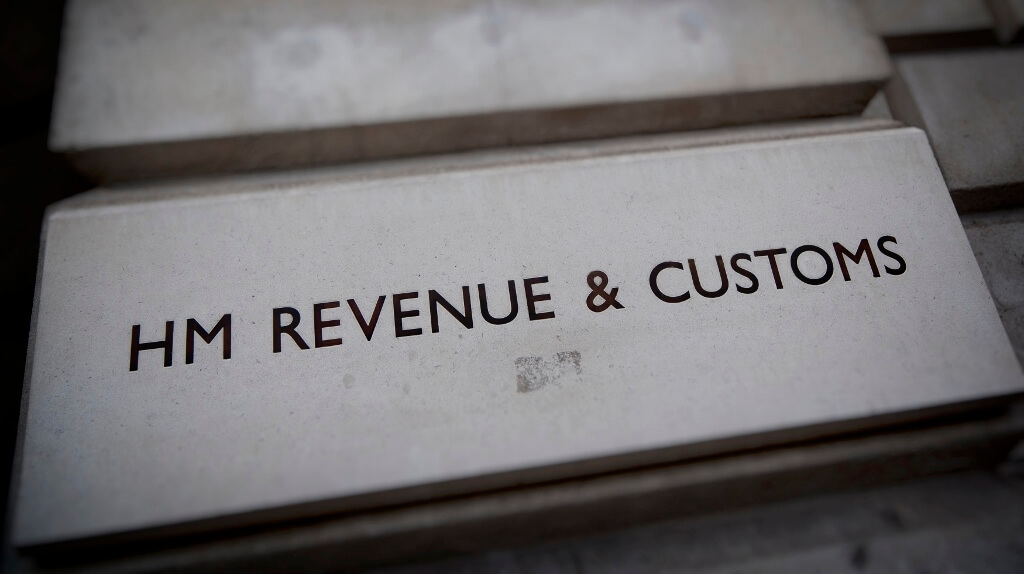HMRC is stepping up its drive to catch so-called ‘white-collar criminals’ by increasing the number of dawn raids that take place against suspected tax evaders.
HMRC’s Dawn Raids On The Increase
HMRC is stepping up its drive to catch so-called ‘white-collar criminals’ by increasing the number of dawn raids that take place against suspected tax evaders.

Over the last five years, the number of prosecutions of those evading tax has more than doubled, with dawn raids, one of HMRC’s fiercest weapons in the war against white-collar crime, up by a third.
In the five years to March 2017, the number of raids on the premises of those suspected of evading tax has risen to 669, while prosecutions have increased to 1067. Although resource intensive, dawn raids are a very effective way for HMRC to get their hands on crucial documents and the evidence they need to build a successful case.
HMRC’s teams that conduct the property raids not only seize personal documents and electronic files, but they can also search individuals and make arrests without the presence of a police officer.
As well as being an effective way to secure evidence, they also have the advantage of being a very visible deterrent to others and are a clear sign that the evasion of even relatively small amounts of tax will be taken very seriously.
Dawn raids peak during the holidays
It seems that while many of the public are enjoying their holidays, HMRC is particularly busy planning dawn raids at times when their suspects’ legal advisers are likely to be away.
As well as peaking during the summer months, the number of raids is also likely to increase following the introduction of a new law at the end of September.
The law to be introduced – the failure to prevent the facilitation of tax evasion – will allow HMRC to prosecute partnerships and companies that neither prevent nor discourage employees from engaging in tax evasion.
HMRC ramps up enforcement action
There are a number of different steps HMRC can take to combat tax cheats. Typically, HMRC will pursue unpaid debts and even use debt collection agencies to recover debts on their behalf. However, in recent years, HMRC has ramped up its efforts to combat tax cheats by catching them in the act.
In 2015, the government asked HMRC to triple its number of investigations into cases of ‘serious and complex’ tax crimes by 2020, with those investigations focusing predominantly on corporations and wealthy individuals suspected of evading tax.
As well as those groups, dawn raids have also been targeted at those suspected of benefit fraud, and those evading duty on the sale of alcohol and tobacco.
In the last year alone, the increase in enforcement action has resulted in an 8 percent jump in the number of dawn raids and more successful prosecutions than ever before. However, there has also been a rise in acquittals, up from 7.7 percent to 10 percent for the year.
The increasing use of production orders
As well as a rise in the number of dawn raids over the last few years, HMRC is also using other tactics to get its hands on the evidence it needs. Instead of expensive and time-consuming raids, in some cases, investigators are using production orders to seize documents and files.
Production orders allow the tax authority to request information from accountants and lawyers about their clients that are suspected of tax evasion. More than 8,000 production orders have been issued over the last five years to aid HMRC’s tax investigations.
This is causing some concern for professional services firms who have a duty of confidentiality to their clients, which is clearly at odds with the production orders.
Firms that choose not to comply with the production orders or do not provide all the information they have been asked for can find themselves facing criminal prosecution. However, those that do comply can find themselves being sued by the client.
For a production order to be granted, HMRC must apply to a judge to ask for the production of certain documents. The order can then be used to obtain documents held by accountants, tax advisers and other third parties, as well as the suspected tax evaders themselves.
The reputational impact can be devastating
Commenting on the escalation of HMRC enforcement action, Simon Renshaw, Director of AABRS, said: HMRC has shown it is not afraid to come down hard on corporate organisations it suspects of tax evasion. Of course, the reputational impact of dawn raids on these businesses can be devastating.
“With increasing political pressures to prosecute more tax evaders, the number of property raids is on the rise and this represents a very effective way for HMRC to get its hands on the necessary information. But this is not the only strategy HMRC is using. It is continuing to use all the weapons in its arsenal to target tax evaders, and that includes production orders.”
Thanks for signing up to Minutehack alerts.
Brilliant editorials heading your way soon.
Okay, Thanks!


